
100th annual Audrain County Soils & Crop Conference set for March 2
MEXICO, Mo. – The 100th annual Audrain Soils & Crops Conference is 6:20-8:40 p.m. Monday, March 2, at the top floor of the Hart Career Center, 905 Wade St., Mexico.

Plants begin to stir underground in February
Take heart, plant lovers. Winter rest is almost over, spring renewal begins.
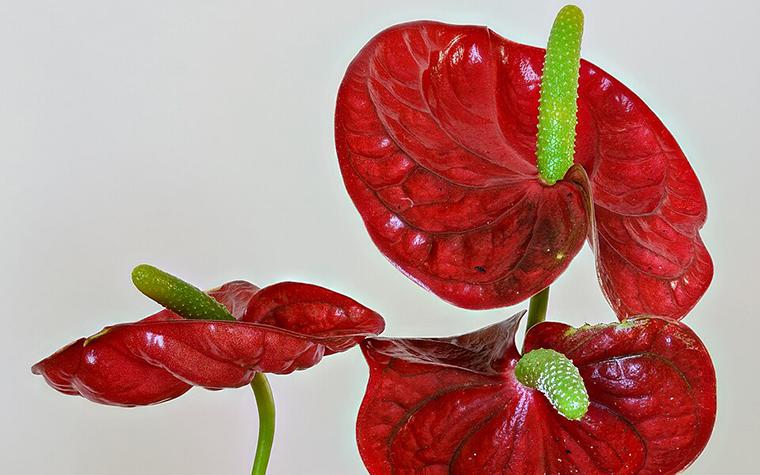
Show your love with these heart-shaped houseplants
While red roses might be the iconic gift for Valentine’s Day, houseplants with heart-shaped leaves represent a longer-lived expression of affection for a special person in your life, said University of Missouri Extension horticulturist David Trinklein, who shares several good candidates for Valentine’s Day gifts.
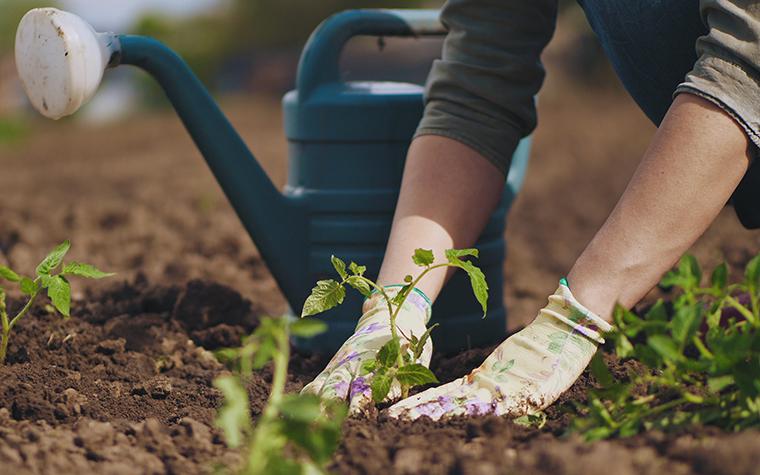
MU, LU Extension offer free vegetable gardening courses
GREENFIELD, Mo.– University of Missouri Extension and Lincoln University, in partnership with the Greenfield City Garden, will offer two series of free spring gardening classes.

Orchids: A cure for winter doldrums
COLUMBIA, Mo. – Winter’s cold, dreary days have many daydreaming about jetting away to basking in a tropical paradise. “Such a getaway is not possible for most, but orchids can transport you to an exotic place without ever leaving home,” said University of Missouri Extension horticulturist David Trinklein.
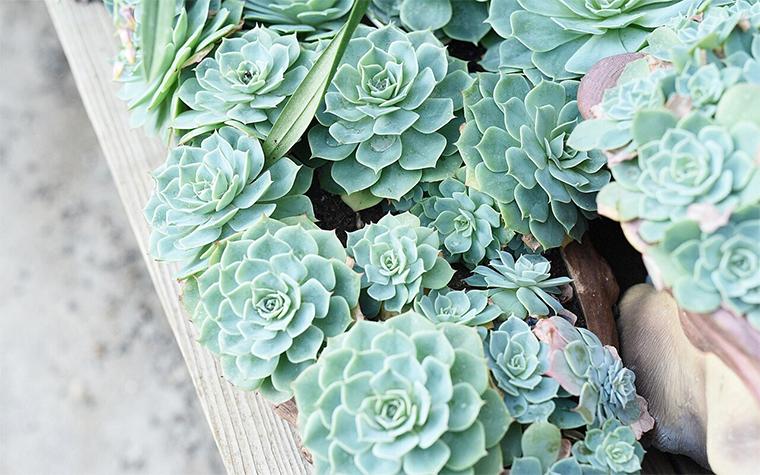
'Succulent mania' takes root
COLUMBIA, Mo. – From windowsills to office desks, succulents are everywhere. The hardy plants have become so popular in recent years that some enthusiasts call the trend “succulent mania,” said University of Missouri Extension horticulturist David Trinklein.
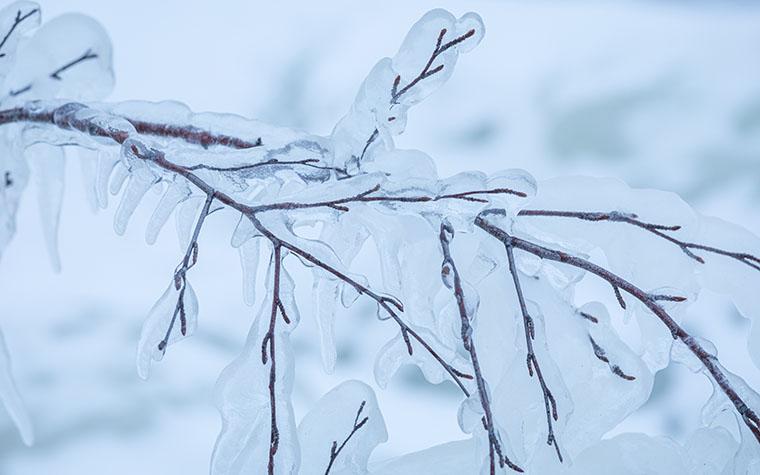
10 tips for winter care of woody ornamentals
Low temperatures, frozen soil, rapid temperature changes, drying winds or lack of soil moisture all may work to make plant survival a challenge in winter. But gardeners can take simple steps to reduce the risk of damage.
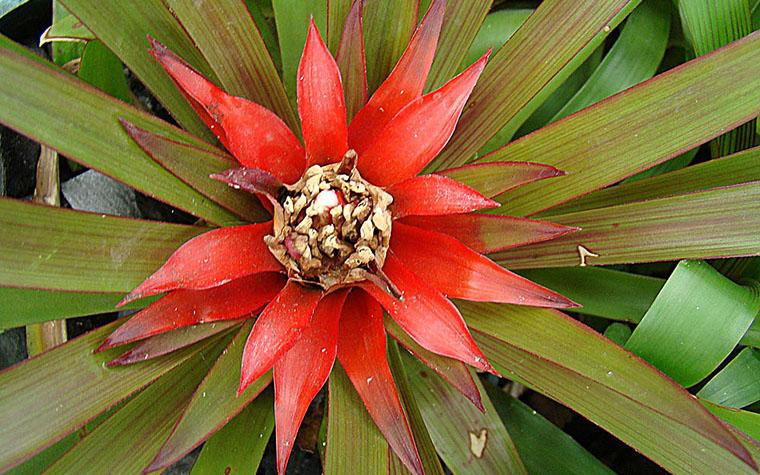
Colorful bromeliads brighten winter days
During the cold and dreary days of winter, most plant lovers turn their attention indoors. Bromeliads are durable, colorful plants that adapt quite well to indoor conditions, said University of Missouri Extension horticulturist David Trinklein.
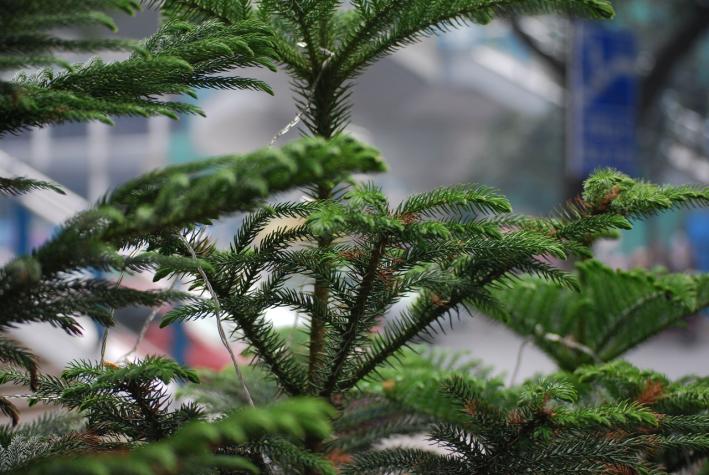
A Christmas tree from the South Pacific
When most people think of Christmas trees, the South Pacific does not come to mind. Yet a small island between Australia, New Caledonia and New Zealand is the native home of a popular holiday houseplant that can serve as a living Christmas tree.
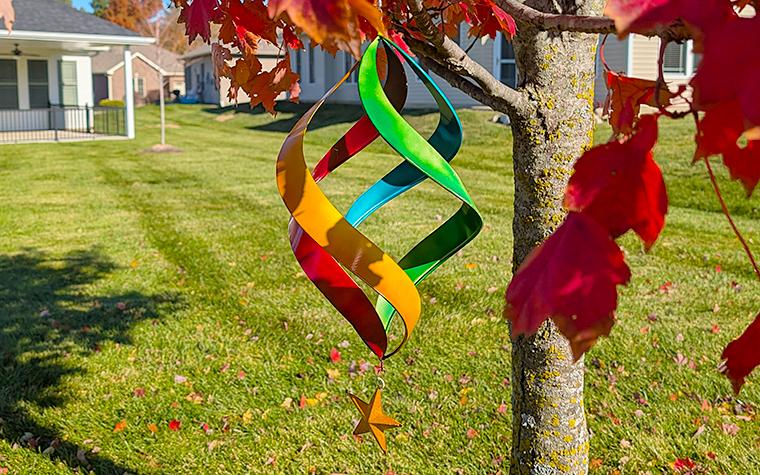
10 gifts for the gardener without spending a lot of green
MU Extension state Master Gardener coordinator Debi Kelly says you can find a great holiday gift for the gardener on your list without spending a lot of green. “Gardeners find joy in small packages that don’t cost much, and they understand delayed gratification,” Kelly says.
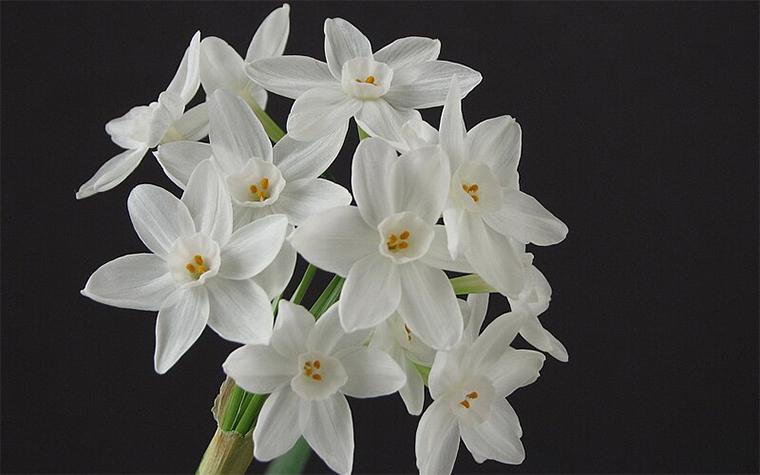
Paperwhites: Just add water for instant spring
During the dull, lifeless days of winter, gardeners long for a hint of spring. From the Mediterranean region comes a bulb that has given endless winter pleasure to plant lovers everywhere. The bulb is the paperwhite narcissus, one of the easiest bulbs to force into bloom during winter.
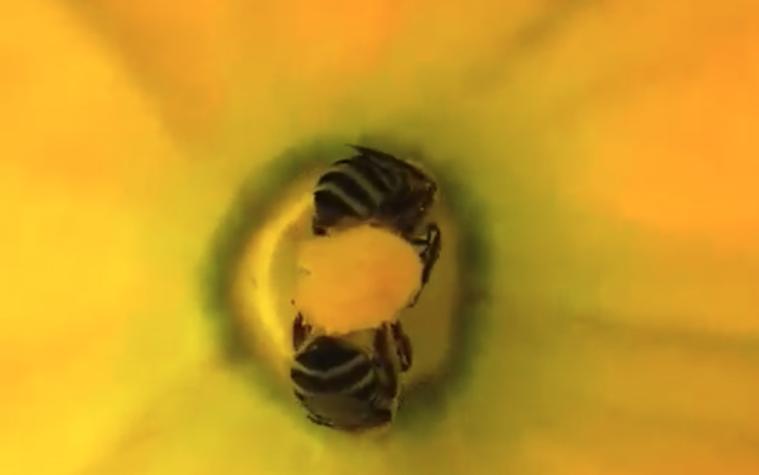
Thank a pollinator for your Thanksgiving dinner
When giving thanks this Thanksgiving, give a special nod to pollinators that make much of your feast possible, says University of Missouri Extension field horticulturist Tamra Reall.

Registration open for 2026 Master Gardener online course
Registration is open for the MU Extension Master Gardener online spring 2026 course. The 15-week class runs Jan. 2-April 27. The online core training is designed to provide in-depth horticultural knowledge. The course includes presentations and weekly discussion forums.
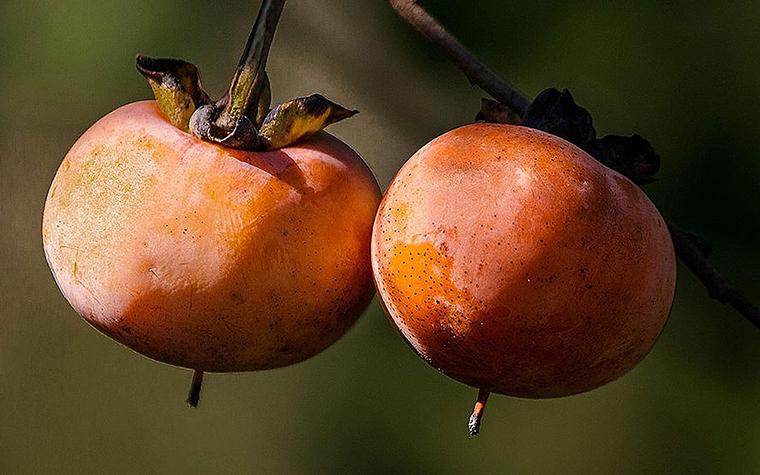
Pucker up for persimmon, the first-frost fruit
After biting into an unripe persimmon, most experience a reaction called “pucker mouth.” Some liken it to having their tongue covered with fur. The offending substances behind this sensation are tannins, naturally occurring compounds that are so astringent they have the power to turn an unsuspecting bite into a moment of instant regret.
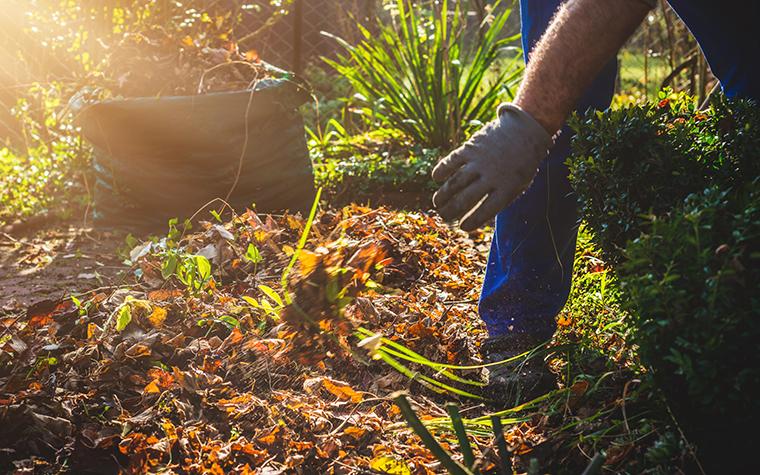
Fall garden cleanup influences next year's success
The success of next year’s garden is influenced greatly by fall cleanup. Garden cleanup does more than just improve the appearance of the garden during the mundane, lifeless months of winter. It reduces the amount of disease inoculum and insect infestation that might remain.
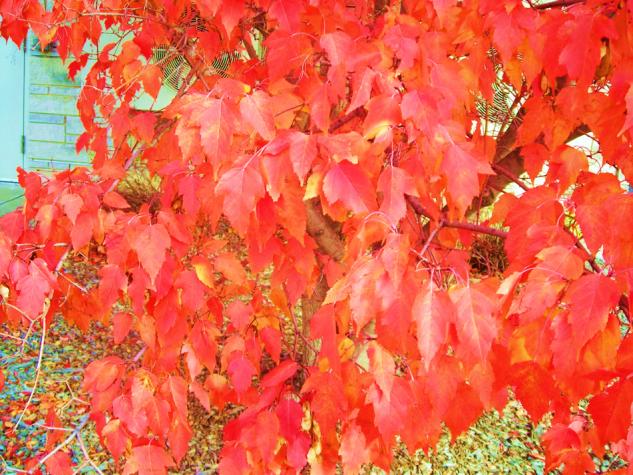
Fall foliage show beginning in Missouri
Missouri’s hills might not be alive with the sound of music, but they soon will transition into a kaleidoscope of color. The foliage of trees, shrubs and vines is about to burst into its full glory.
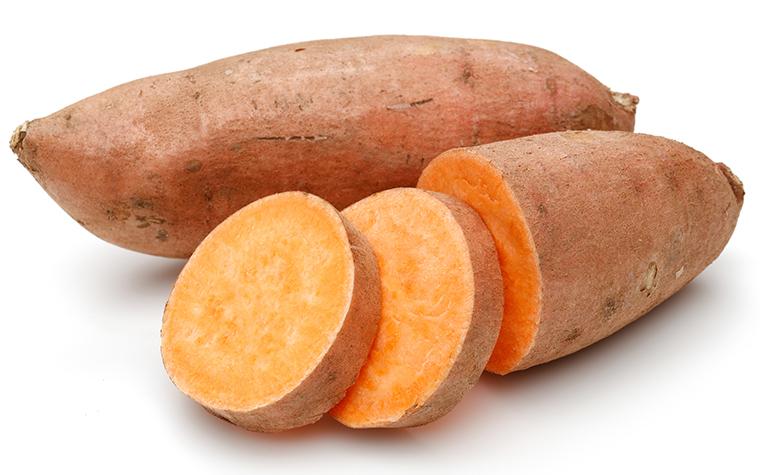
Can you dig sweet potatoes?
The first frost of fall is approaching, and it’s time to think about harvesting your sweet potato crop. This warm-season root vegetable does not tolerate cold. The table quality of sweet potatoes declines when they are harvested after temperatures drop below 50 F.
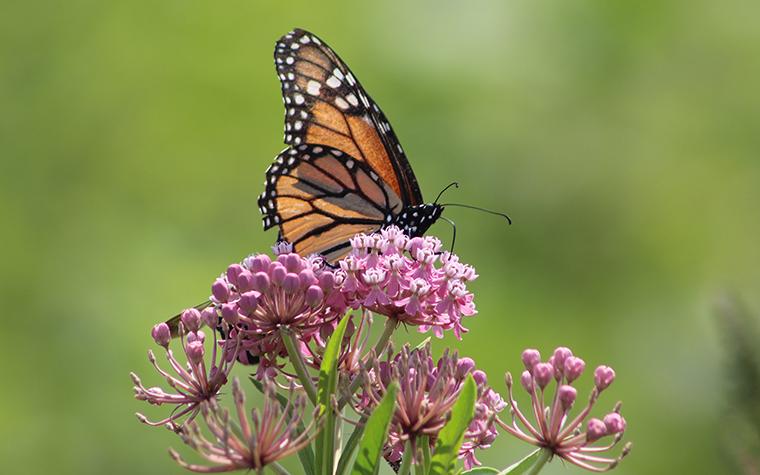
Kirksville Area Master Gardeners share Milkweed for Monarchs
Kirksville Area Master Gardeners have given away more than 9,000 milkweed plants since 2014. Then-chapter president Diane Johnson launched the crusade after reading about the decline of monarch butterfly populations. Since the early 1990s, populations of eastern monarchs have decreased by as much as 90%.
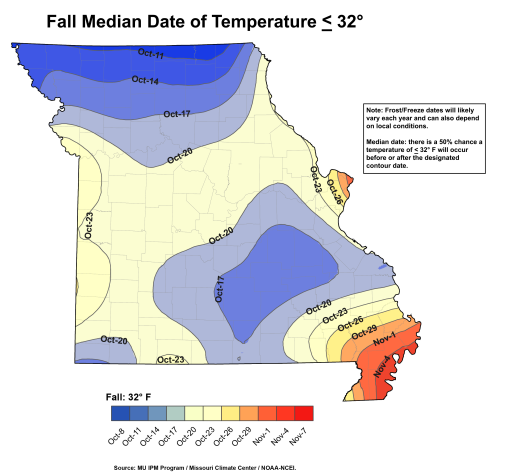
It's time to protect plants from frost
Learn how to protect plants from frost with tips on timing, insulation, and care for sensitive species as cold weather nears.
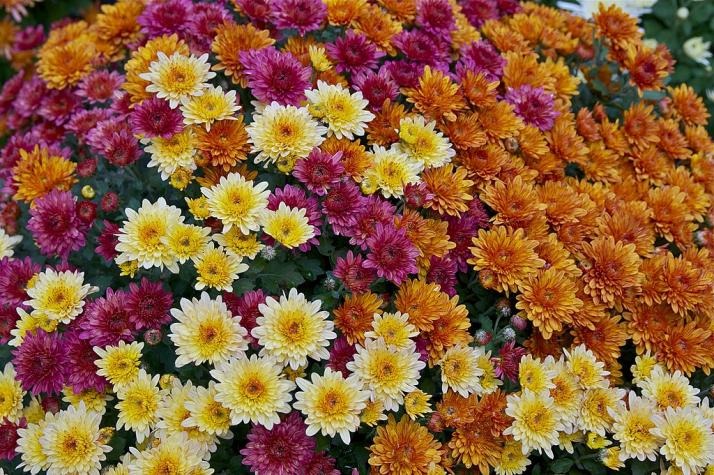
Mums burst with big, beautiful, bold color
Discover how fall mums offer long-lasting, bold blooms in vibrant colors and tips on selecting and caring for them.
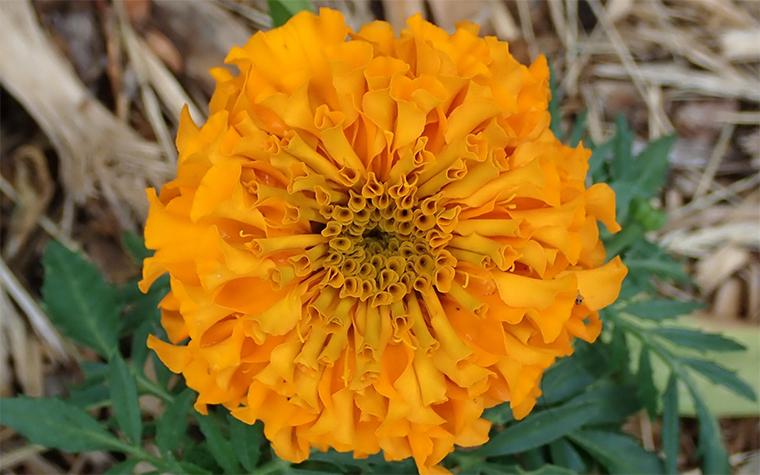
Time to take plants indoors
As frost approaches, gardeners are tempted to dig up plants and place them in pots for use indoors. The results are often disappointing. Many garden plants do not make good houseplants. But if you are determined to try, MU Extension horticulturist David Trinklein has suggestions.
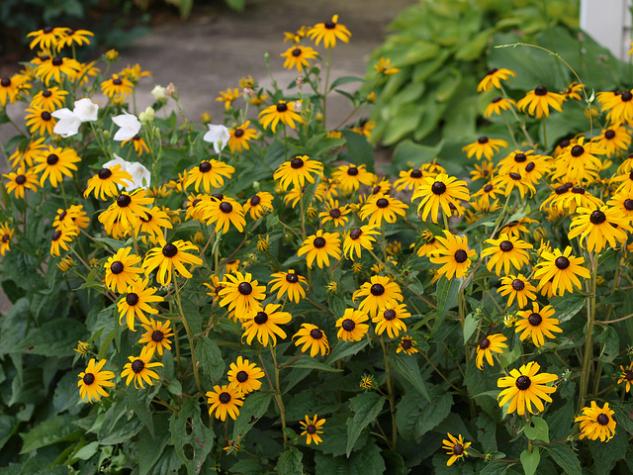
Increase flower power by dividing overgrown perennials
As clump-forming perennials mature, they often become overcrowded, competing among themselves for light, water and nutrients. This typically results in fewer blooms. Dividing them restores vigor and lets gardeners expand their beds or share plants with others.
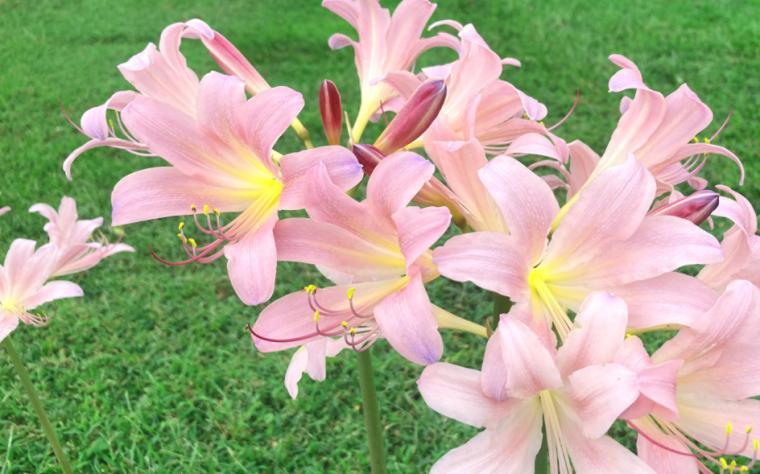
Lycoris: An intriguing flower that brings color at summer's end
When most garden flowers show the attrition of having endured the heat and humidity of a typical Missouri summer, lycoris adds beauty and intrigue to beleaguered landscapes. The pink, lily-like flowers seem to come out of nowhere to adorn gardens.
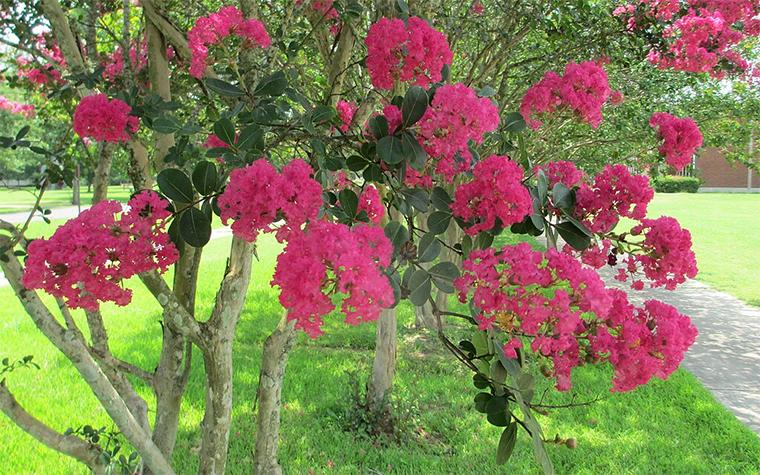
Crape myrtle: Colorful southern shrub that's moving north
In southern states, crape myrtle can add brilliant color to the landscape when few other trees or shrubs are in bloom. New cultivars of this flowering shrub that are better-suited to Midwestern winters are now available.
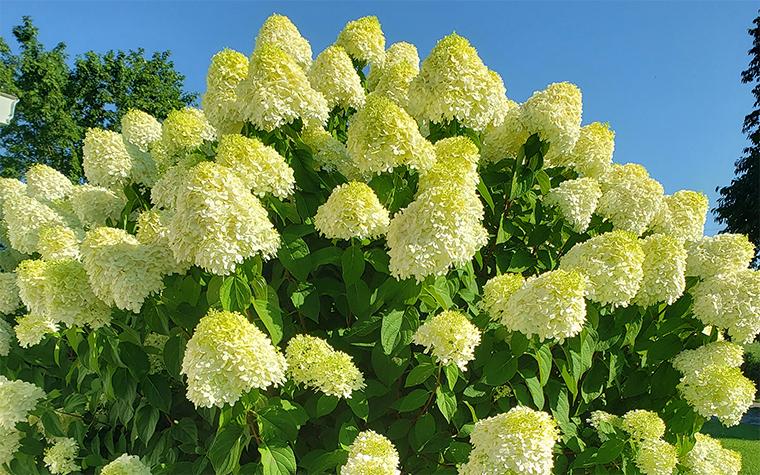
When it rains, it pours mopheads and lacecaps
Fall is an ideal time to establish hydrangeas in the landscape. Several species grow well in Missouri.